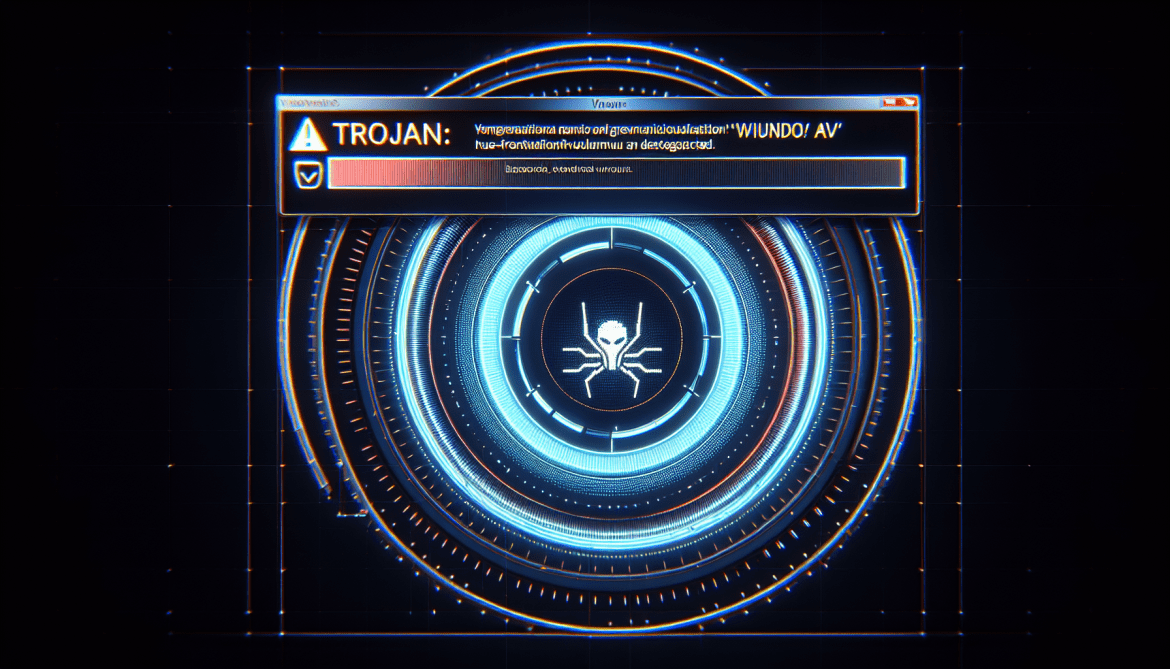Trojan:Win32/Vundo!Av is a type of Trojan horse malware that primarily targets computers running on the Windows operating system. It is known to be a variant of the Vundo Trojan, which has been prevalent since 2007. Trojan:Win32/Vundo!Av is designed to perform malicious activities on the infected system, such as stealing sensitive information, downloading additional malware, and displaying unwanted advertisements.
There are several ways through which Trojan:Win32/Vundo!Av can infect computers:
1. Exploiting Software Vulnerabilities: The Trojan can take advantage of security vulnerabilities in software applications or the operating system to gain unauthorized access to the system.
2. Drive-by Downloads: It can be downloaded onto a user’s computer unknowingly when visiting compromised or malicious websites. These websites may exploit security vulnerabilities in the user’s browser or use social engineering techniques to trick the user into downloading and executing the Trojan.
3. Malicious Email Attachments: The Trojan can be distributed through spam emails that contain infected attachments. When the user opens the attachment, the Trojan gets executed, infecting the computer.
4. Peer-to-peer (P2P) File Sharing: Trojan:Win32/Vundo!Av can also spread through file-sharing networks, where infected files are shared among users. When a user downloads and executes an infected file, the Trojan infects their system.
Once installed, Trojan:Win32/Vundo!Av can modify system settings, inject malicious code into legitimate processes, and create registry entries to ensure its persistence on the infected system. It may also disable security software to avoid detection and removal.
To protect your computer from Trojan:Win32/Vundo!Av and other malware, it is essential to keep your operating system and applications up to date, use reliable antivirus software, exercise caution when opening email attachments or downloading files from the internet, and avoid visiting suspicious or malicious websites.

